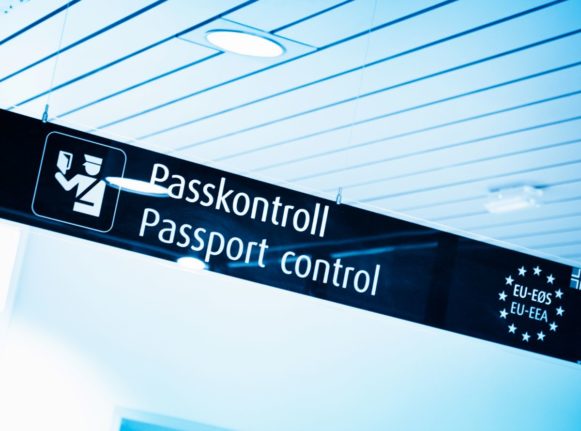Norway’s government has a new exit tax in the works, with the proposed changes aimed at closing loopholes and taxing those leaving the country on financial gains made while living in Norway.
The tax will also apply retroactively to everyone who has left Norway after March 20th, 2024. The proposals will be under consultation until May.
The tweaks have partly been inspired by the flight of wealthy individuals from Norway. In recent years, a number of Norway’s wealthiest residents have left the country for tax reasons.
READ ALSO: What we know so far about Norway’s plans for an exit tax
However, the rules will also apply to foreign residents who leave the country, the Finance Ministry has previously confirmed to The Local.
Still, not everyone looking to move from Norway in the coming years has to fear a tax bill.
The tax settlement process upon departure from Norway would require people to address their tax obligations related to gains exceeding 500,000 kroner on shares acquired during their time in Norway.
If you haven’t made these sorts of gains on shares, then you don’t need to worry about the tax.
You can also invest in excess of 500,000 kroner into shares without making anywhere close to 500,000 kroner in gains.
The gains will be taxed at the same rate as shares, meaning they will be taxed at a rate of 37.8 percent.
Other kinds of gains, such as on property, will not be part of the exit tax. This means that if your house has gone up in value, you won’t need to worry about a tax bill for leaving Norway – although you will need to be aware of the tax rules for property.
Those with shares savings accounts, a popular option in Norway, or those who have put money into funds also won’t need to worry unless the returns on their investments have exceeded 500,000 kroner.
Unless you’ve lived in Norway for a considerable amount of time and have been squirrelling away or have the wealth to invest large amounts, you will unlikely have made the gains required to trigger the new exit tax.
Should you transfer shares as a gift to a person based outside Norway and the gains exceed more than 100,000 kroner, a tax will also be triggered.
This could affect those who have a fund, shares savings account, or just shares for a child or grandchild as a nest egg.
The tax also doesn’t need to be paid immediately. If you plan on leaving Norway for only a few years for a new job, a placement, or other reasons, you can choose to delay the tax for up to 12 years.
If you move back to Norway, then you will not be required to pay tax on the shares you still own.



 Please whitelist us to continue reading.
Please whitelist us to continue reading.
Member comments